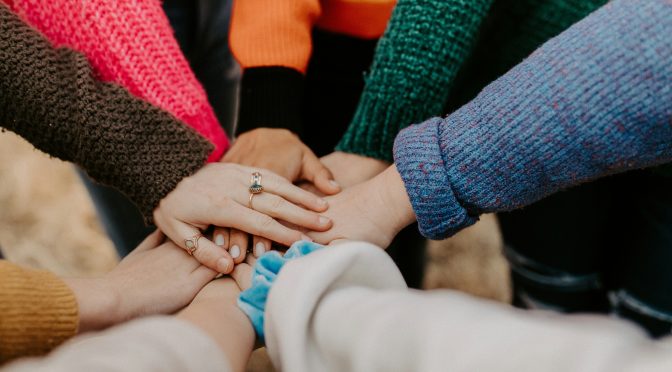Finding Community When You Feel Alone
Posted by Collaborative Counseling

Loneliness is a common human experience, yet it can feel incredibly isolating. Whether due to life transitions, moving to a new place, or simply feeling disconnected, the absence of community can impact both mental and physical health. The good news is that finding community when you feel alone is possible—often starting with small, intentional steps.
Why Community Matters for Mental Health
Humans are wired for connection. Belonging to a supportive community can:
- Reduce stress and anxiety
- Increase resilience during hard times
- Boost self-esteem and sense of purpose
- Provide emotional and practical support
When you feel alone, seeking out community is not just about socializing—it’s about nurturing your overall well-being.
Steps to Finding Community When You Feel Alone
1. Start With Shared Interests
Joining a class, club, or group based on hobbies—like book clubs, sports leagues, or art workshops—provides built-in opportunities to meet people with common interests.
2. Volunteer Your Time
Helping others not only contributes to your community but also builds meaningful connections. Volunteering reduces loneliness and fosters a sense of purpose.
3. Explore Support Groups
For those struggling with mental health, grief, or life changes, support groups (both in-person and online) offer understanding and shared experiences.
4. Connect Digitally, But With Intention
Online communities can provide real connection when used mindfully. Seek spaces that encourage positivity and belonging, rather than comparison or judgment.
5. Nurture Existing Relationships
Sometimes community starts closer than we think. Reaching out to a friend, family member, or coworker can reignite meaningful bonds.
Overcoming Barriers to Connection
Feeling anxious about meeting new people is normal. Some strategies to ease the process include:
- Starting with small, low-pressure interactions
- Setting realistic expectations—it takes time to build trust
- Reminding yourself that many others are also seeking connection
Final Thoughts
Finding community when you feel alone takes courage, but even small steps can lead to meaningful bonds. Remember, community isn’t about the number of people you know—it’s about the quality of connection. By reaching out, showing up, and allowing yourself to be seen, you open the door to belonging.
👉 If loneliness feels overwhelming, you don’t have to navigate it alone. Collaborative Counseling can help you build coping strategies and find the support you need.

 View Our Locations
View Our Locations Request Appointment
Request Appointment